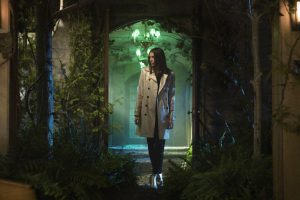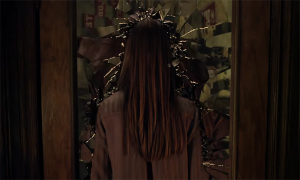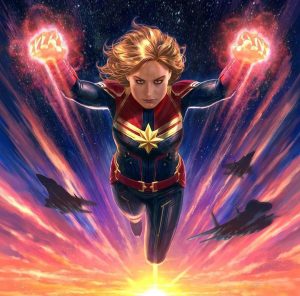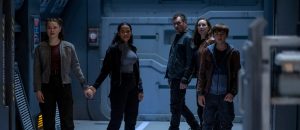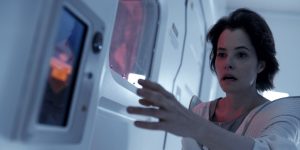The Clone Wars returns
The long-running (and long-canceled) hit TV series The Clone Wars returns for its final season on Disney+ with a solid, if a bit wooden, pilot episode that gets the focus back on the Clones themselves. While the entire “Bad Batch” story arc that will kick off this season was written several years ago, this is the first time we’ve seen it played out onscreen: we’ll need to wait to see how it plays out before passing judgement, but for the moment we can assume that the clues and hints being dropped will lead to some pretty interesting interactions between our core cast of characters in the very near future.
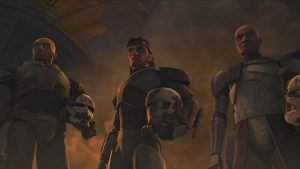
In the pilot, the Grand Army of the Republic, led by Jedi commanders Mace Windu and Anakin Skywalker (voiced by Matt Lanter) find themselves fighting Separatist droids using their own strategies against them. Captain Rex (who, like all Clones, is voiced by Dee Bradley Baker), enlists the help of Clone Unit 99, known simply as the Bad Batch, after whom the pilot is titled, to sneak behind the enemy’s front lines and get to the truth. The Bad Batch’s tactics are unconventional, to say the least, as one would expect from a team comprised of “defective clones with desirable mutations”.
The few action sequences with the Bad Batch are simply okay, however. Since the Batch’s strength comes from their individuality, I would have liked to have seen each of the characters’ skills exploited in clever ways: but only Crosshair, the team’s ultra-precise sniper, gets anything resembling a cool hero moment. Wrecker, the strongman, should have had one when he carries a wounded soldier out of the wreckage of an explosion he caused (one which he prefaces with the word “Boom”, delivered appropriately deadpan), but the shot is strangely framed as a close-up of Wrecker’s face, preventing you from getting the full effect.
Most of my complaints about the episode stem from the editing, which I felt was lacking. Despite ostensibly being the most violent Clones to date, the episode is cautious when it comes to actually depicting that violence: in one scene that I feel I’m probably nitpicking way too much, a transport ship is shot down by enemy fire and crashes – but where was the customary reaction shot of the pilot letting loose one final Wilhelm scream? Such a shot would surely have been shown in earlier seasons, and the whole scene feels oddly incomplete without it. Considering that The Clone Wars has never shied away from showing characters get shot, eaten by alien monsters, cut down by lightsabers, or sucked into the vacuum of space, and had built a reputation (before its cancellation for exactly this reason) of telling mature stories with a kid-friendly twist, this feels like a very different approach to storytelling, and one with which I’m not comfortable yet. Then again, we’re only a single episode in and we haven’t reached what are sure to be some of the entire series’ darkest moments.
Overall, the episode is less focused on the action than it is on the mystery, which it sets up very effectively. If you haven’t seen the episode yet, and are concerned about the SPOILERS AHEAD, then read no further.
Rex’s suspicions about the Separatists are confirmed when he and the Bad Batch break into a cyber station and decode secret communications with a human on the planet Skako Minor, who has been feeding the Separatists top-secret battle strategies. Rex is quickly able to determine that this human is none other than his long-lost teammate Echo, who was believed to have died in the battle of Lola Sayu. The operation to rescue him from the clutches of the Separatists, and specifically the repulsive Admiral Trench (also voiced by Dee Bradley Baker), will be the focus of the next few episodes – after that, we’re all in the dark as to what comes next, and how The Clone Wars, after six incredible seasons, will wrap up this final chapter of the story.
What did you think of the episode, and what are you excited to see next? Share your own thoughts, theories and opinions in the comments below!
Episode Rating: 5.9/10

